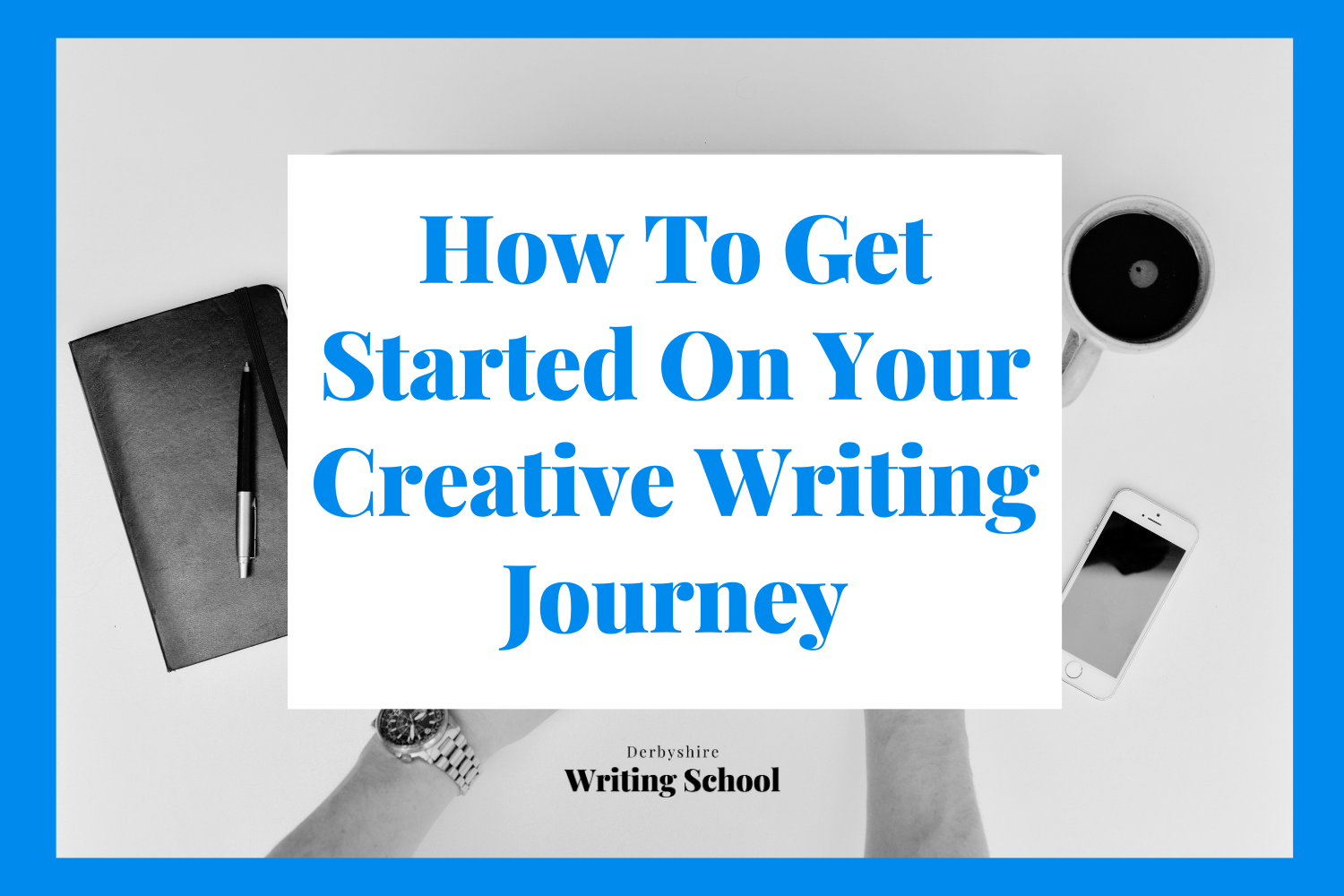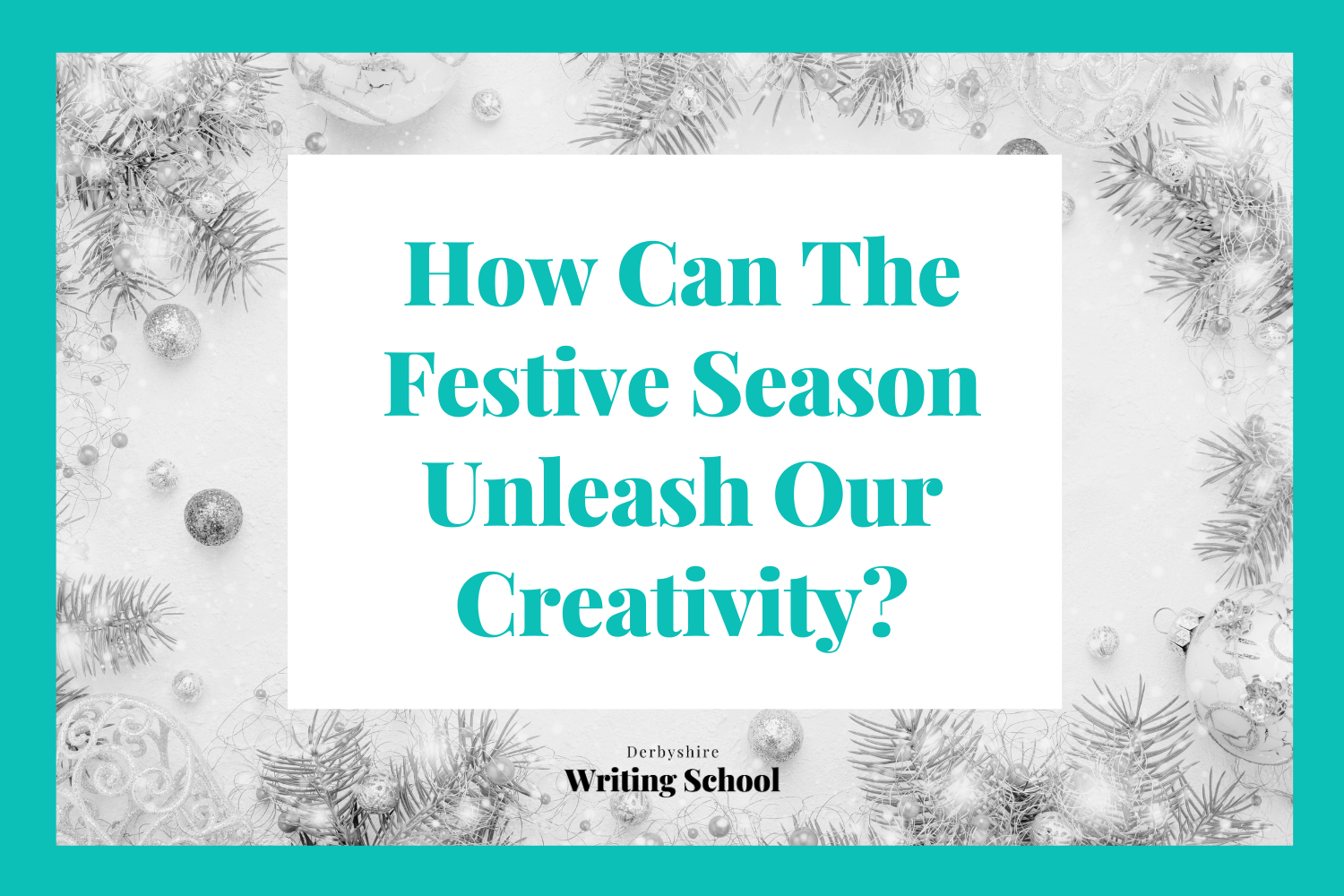An Introduction To The Amazing World Of Creative Writing
Have you ever wanted to write a story but had no clue where to start? Have you started writing and then thought it wasn’t the right time to pick up a pen? Have you always wanted to call yourself a writer?
We’re here to help.
Here at the Derbyshire Writing School, we believe that everybody has a story in them, but how do we get those stories out? And what is creative writing, anyway?
In this blog post, we’ll let you know just what creative writing is, what types of creative writing exist and some of our best tips and tools for getting started.
What is Creative Writing?
Creative writing is writing that shows imagination and invention. So, in other words, it is whatever you would like it to be. Now, in academic terms, creative writing has an emphasis on a narrative craft whilst focusing on elements like character development, narrative and plot, whilst at the same time using imagination and story.
But we think that creative writing is much looser than this and it is unique to each and every person. To us, creative writing is a way of expressing ourselves and our feelings, whether that is through characters in our stories or through personal experiences. It’s about getting the words from your head and onto the page.
Why does Creative Writing matter?
Creative writing is of course fun to do, but there are many more reasons why creative writing matters.
Creative writing, amongst other things:
Allows us to talk about our emotions in a safe, non-judgemental environment. We can talk through our emotions on controversial topics, or even just work through our grief and hard feelings.
Improves our communication skills. Whether it is two characters speaking or sharing our work with another writer, all creative writers need good communication skills.
Gives us a way to use our voice and present our views. Sometimes it can feel hard to be heard, creative writing helps with that, it gives us an outlet to speak and be listened to by our readers.
Improves our research ability. As with many things, creative writing requires research, whether that’s names, or scientific facts, or even locations researching is a valuable skill to have and one that creative writing provides.
Types of Creative Writing
Fiction
These stories are not real. They can take place in a completely different universe, or just down the road from us. As long as there is an original idea somewhere in our story, it counts as fiction. Fictional stories are fun and interesting to write as there is no shortage of inspiration for new ideas, and honestly, the possibilities for stories are endless. Fiction provides an escape when we read it, and writing it is exactly the same. Whilst it can be challenging to write fiction, with practice, and with an effective ‘writer’s toolkit’ it can be very fulfilling.
Non-fiction
Non-fiction stories are ones that are real. They can be about ourselves, other people, places, or events. If they focus on things that exist now or have happened, then they are non-fiction. Non-fiction writing is a good way to give access to a variety of topics that interest us. Whilst it does require a lot of research to write non-fiction, if it is about topics we are interested in, then it can be rewarding to write about what we know. Non-fiction also includes more personal writing that other people might never see, things such as diary entries or journals. Try these 15 Writing Prompts to Help You Begin Your Journaling Journey.
Poetry
Poetry is a type of writing where intense feelings and ideas are written using a distinctive style and rhythm by using techniques such as stanzas (the paragraph style) and using (or not using) rhyming techniques. Poetry is a good form of creative writing as it lets us get our emotions down on a page and discuss topics that might be difficult to talk about normally, such as grief.
With all these types or forms of creative writing, it is important to remember that you can change your mind at any time. You could start out writing the next new fictional romance, dabbling in poetry and then penning a memoir. The world of creative writing is yours.
Tips and Tools to Get Started with Creative Writing
Now that we know a bit more about what creative writing is, and different types of creative writing, how can we actually get started writing?
Wider reading
It’s really important when we get started writing to learn from people around us. To do this, the best thing to do is read. Whether that’s things we enjoy or even things we might not, we can learn something from every book we read. Whether that’s the language used or the world the author has created, each book can teach us something.
Attend some workshops or writers’ lunches
If you’re really struggling to set aside time to write, having a network of writers to talk to and write with can really help to keep you motivated. Workshops can also be a good way to get guidance from people with experience in a learning environment.
Be creative
This one should go without saying, but don’t be afraid to be a creative as you want, experiment, have fun and enjoy the process. Trust in your own creativity.
Be yourself
You are a creative writer in your own right. You don’t have to censor yourself in your own work, and that’s how you’ll be able to create your most authentic work.
7 Beginner Creative Writing Prompts for You to Try Today
So often we can put off getting started, or feel like it’s not the right time, but today is the right time! Don’t go another day without writing. Prompts can spark your imagination and help you create incredible stories. Put a timer on for five minutes, starting right now, and choose one or several of these prompts to respond to. You could even do one a day for a week if you want to.
My happiest memory is…
When you open your eyes, it is 1560
Write a letter to yourself five years in the future.
It is 2:30 in the morning and your phone rings.
Write a review for your favourite book.
One day you wake up and can read minds.
Describe yourself using only ten words.
With these writing prompts under your belt and after reading through this blog, we hope that you feel more confident about starting your creative writing journey.
Fancy learning more?
Join our creative writing workshop for beginners.
Have you always dreamed of being a writer, but you’re unsure where to start? Have you always wanted to write a novel? Are you ready to find your voice? This workshop will give you the practical tools and confidence to start writing.
By the end of our time together, you’ll have an action plan to help you develop your writing in a way that feels right for you and you’ll leave feeling more confident.












